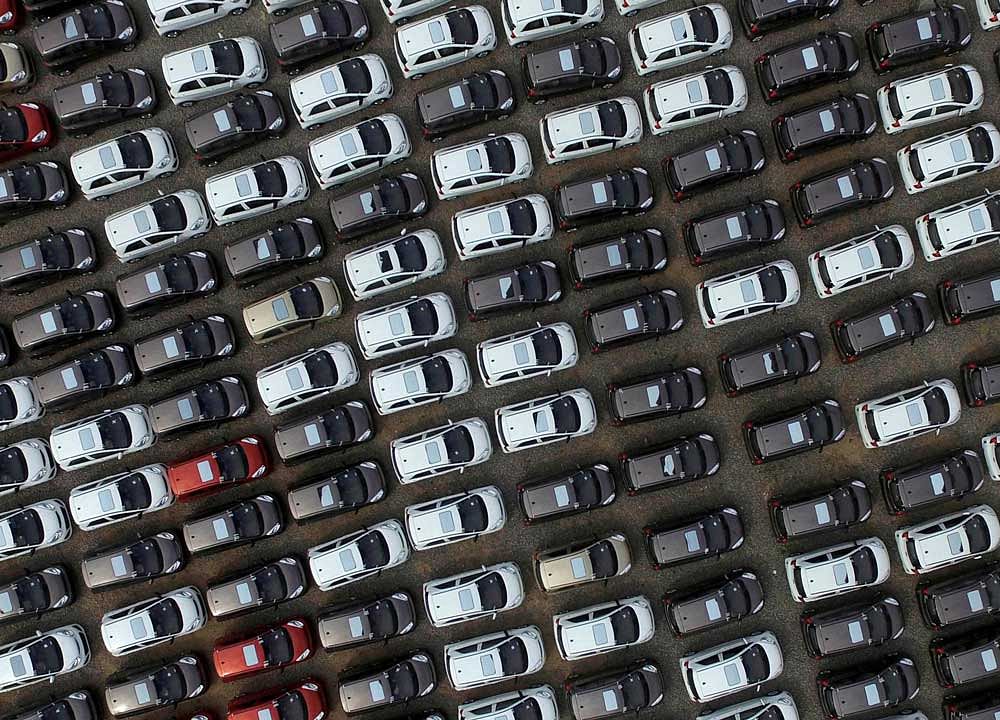
India will move to the Bharat Stage VI (based on Euro 6) emission norms, from BS IV, from April 2020.
This is obviously being done with the intention of cleaning up the air in our crowded cities.
What is the difference between BS IV and BS VI emission norms?
Engines and fuels conforming to BS VI standard are being developed. The main difference is the reduction in pollutants in emissions from vehicles running on BS VI fuel and engine. The reduction is drastic in the case of diesel engines.
Which pollutants will we see reduction in?
In BS IV diesel engines, the Nitrogen oxides (NOx, measured in mg/ Km) is 250 but will be 80 in BS VI. The particulate matter figure will fall from 25 in BS IV to 4.5 in BS VI.
In petrol engines, carbon monoxide (CO) will come down from 833 to 667, while the hydrocarbon emission will fall from 83 to 76. The NOx figure will see a reduction from 80 to 60.
The sulphur content in BS VI fuel will be just 10 parts per million, down from 50 ppm.
Can I use a BS IV vehicle after BS VI norms kick in in April 2020?
BS VI fuel is currently available only in Delhi and NCR.
Finance Minister Nirmala Sitharaman recently announced that BS IV vehicles registered before March 2020 can be used for the full duration of registration. Also, all existing BS IV vehicles can run till the end of their registration date. The government is expected to announce a scrappage policy for vehicles soon.
Can I use BS VI fuel in BS IV vehicles and vice-versa?
The most significant change in the BS VI fuel is far lower sulphur content than BS IV fuel. So, it should not be a problem if BS VI fuels are used on BS IV vehicles.
Running BS VI cars with BS IV fuel, however, may not bring out optimum performance and has the potential to cause problems. BS IV fuel has high sulphur content, while BS VI vehicles are designed to work with low sulphur fuel. However, Kia Motors India is confident that the BS VI-compliant Seltos can run on BS IV fuel without problems. But Hyundai is reported to have said it will not work well.
Will BS VI vehicles be more expensive?
BS VI petrol cars are not expected to become very expensive compared to current prices. For instance, the price of the Maruti Suzuki Baleno has gone up by about Rs 15,000 for the BS VI petrol model. However, diesels could become more expensive because of the extensive modification that is required to control pollution.
Should I buy an electric vehicle instead of a petrol/ diesel one?
Electric vehicles are the future. So yes, electric cars will be a good investment, but there are few top models available currently. Maruti has said it will bring in electric models starting next year. Mahindra is expected to do so, while Hyundai has already launched the Kona. Expect to pay high upfront prices for electric vehicles at least until the market matures. But the bigger problem, at least for some time, will be the lack of public charging infrastructure and charging time. Start-ups are seeking to overcome that by putting up instant battery-swapping stations, rather than charging ones. Maybe best to wait and watch how this evolves.